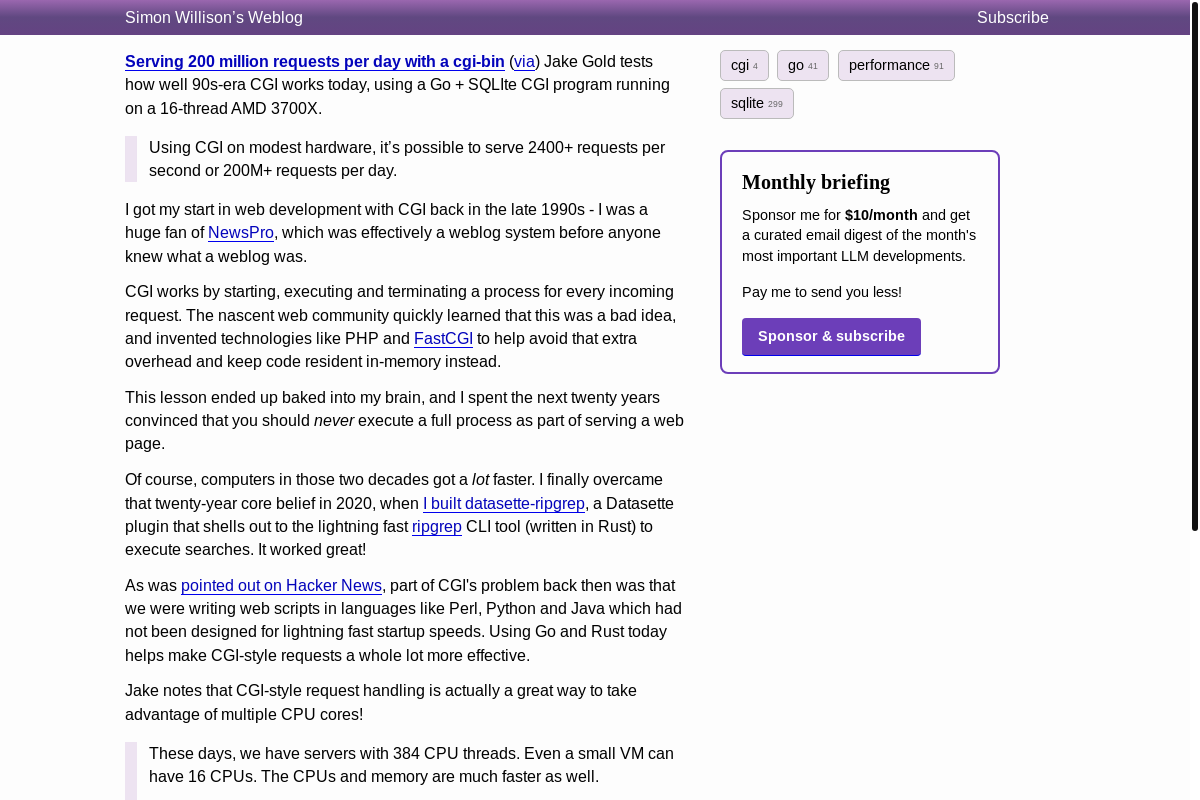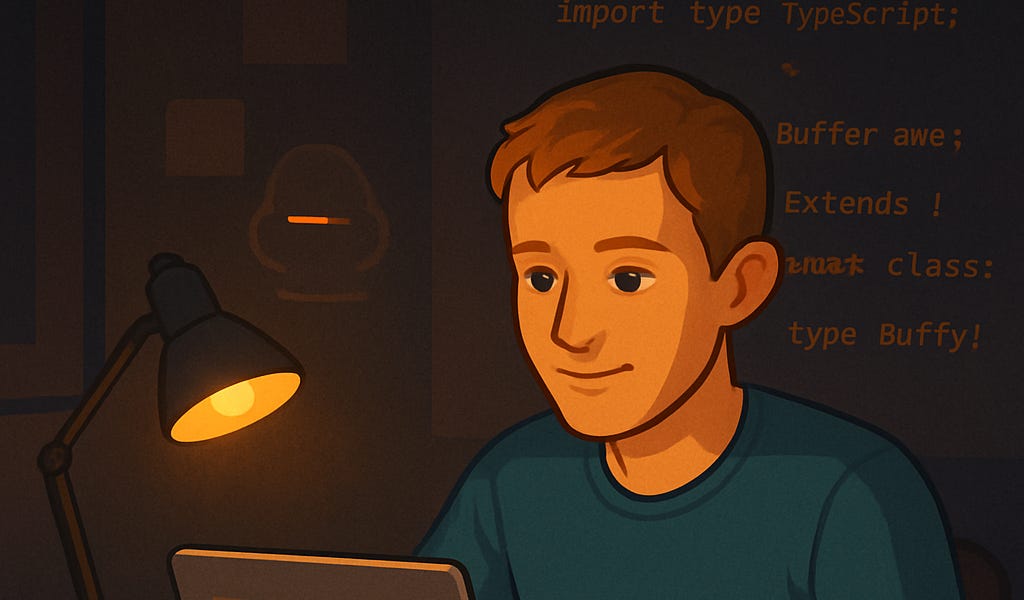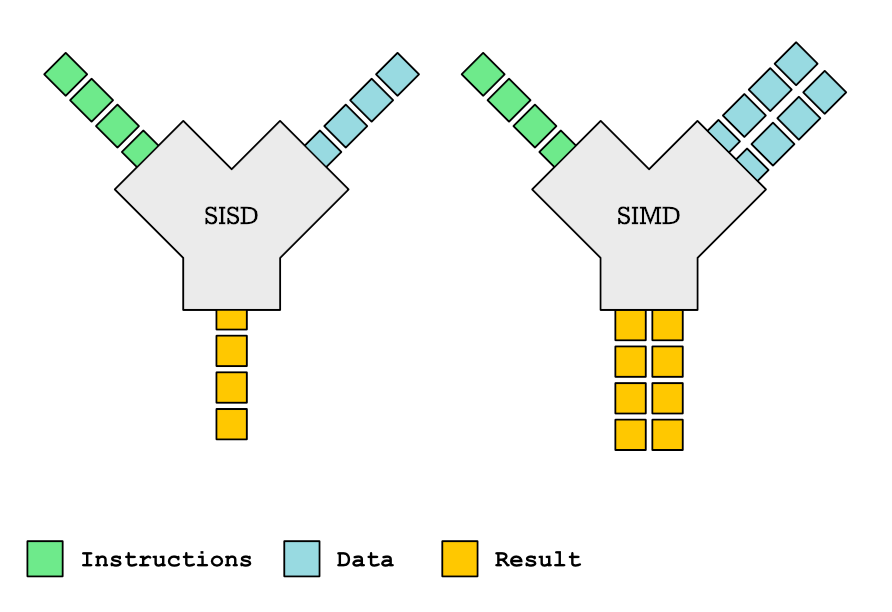BitChat: Open-Source, Offline, Encrypted Messaging via Bluetooth Mesh
BitChat is a secure, decentralized, peer-to-peer messaging app built on Bluetooth mesh networks. No internet, servers, or phone numbers are required; just pure encrypted communication using X25519 key exchange and AES-256-GCM. Features include room-based chats (with optional password protection), offline message storage and forwarding, and a strong focus on privacy (no accounts, phone numbers, or persistent identifiers). BitChat offers native support for iOS and macOS, incorporating performance optimizations like LZ4 compression and adaptive battery modes. The project is open-source and designed for cross-platform compatibility.














